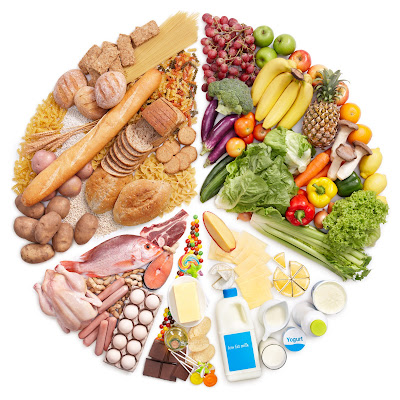What is Keto Diet?
The ketogenic (keto) diet is a low-carbohydrate, high-fat diet designed to promote weight loss and improve health by inducing a state of ketosis in the body. Here are the key aspects of the keto diet:
Basic Principles:
- Low Carbohydrate Intake:
- Typically, only 5-10% of daily calories come from carbohydrates.
- This generally amounts to 20-50 grams of carbohydrates per day.
- High Fat Intake:
- About 70-75% of daily calories come from fat.
- Emphasis on healthy fats such as avocados, nuts, seeds, and olive oil.
- Moderate Protein Intake:
- Around 20-25% of daily calories come from protein.
- Includes sources like meat, fish, eggs, and dairy.
Mechanism:
- Ketosis: The diet aims to put the body into a metabolic state called ketosis, where it becomes highly efficient at burning fat for energy. In ketosis, the liver converts fats into ketones, which can be used as an alternative energy source by the brain and other organs.
Foods to Eat:
- Meat and Poultry: Beef, chicken, pork, etc.
- Fish and Seafood: Salmon, mackerel, sardines, etc.
- Eggs: Whole eggs are encouraged.
- Healthy Fats: Avocado, olive oil, coconut oil, butter, and ghee.
- Low-Carb Vegetables: Leafy greens, broccoli, cauliflower, zucchini, etc.
- Nuts and Seeds: Almonds, walnuts, flaxseeds, chia seeds, etc.
- Dairy: Cheese, cream, and full-fat yogurt (in moderation).
Foods to Avoid:
- Sugary Foods: Soda, candy, desserts, and fruit juices.
- Grains and Starches: Bread, pasta, rice, and other grains.
- High-Carb Vegetables: Potatoes, corn, carrots, and peas.
- Fruits: Most fruits are high in carbs, though berries are often allowed in small amounts.
- Legumes: Beans, lentils, chickpeas, etc.
- Processed Foods: Foods with added sugars or high in unhealthy fats.
Potential Benefits:
- Weight Loss: Rapid initial weight loss due to reduced carbohydrate intake and water loss.
- Improved Blood Sugar Control: May help manage diabetes and insulin resistance.
- Increased Energy and Mental Clarity: Some people report feeling more energetic and mentally sharp.
- Reduced Inflammation: Potential reduction in markers of inflammation.
Potential Risks:
- Nutrient Deficiencies: Limited food variety can lead to deficiencies in vitamins and minerals.
- Keto Flu: Flu-like symptoms during the initial transition into ketosis.
- Digestive Issues: Possible constipation or diarrhea due to changes in fiber intake.
- Heart Health: High intake of saturated fats can be concerning for some individuals.
Conclusion:
The keto diet can be an effective way to lose weight and improve certain health markers, but it may not be suitable for everyone. It is important to consult with a healthcare provider before starting the diet, especially for individuals with existing health conditions.

).png)


Comments
Post a Comment